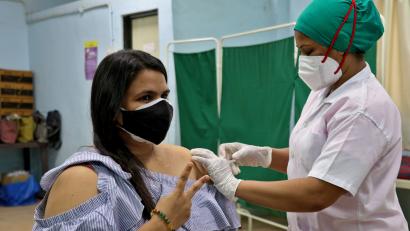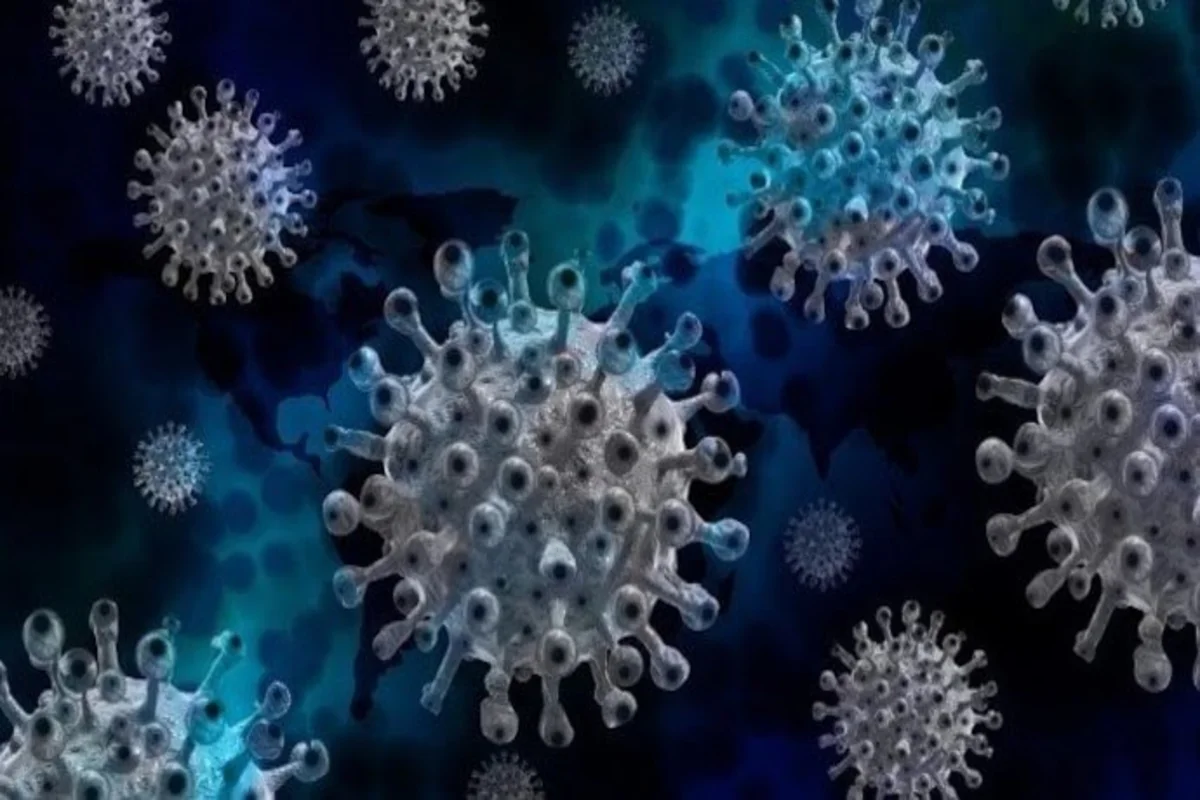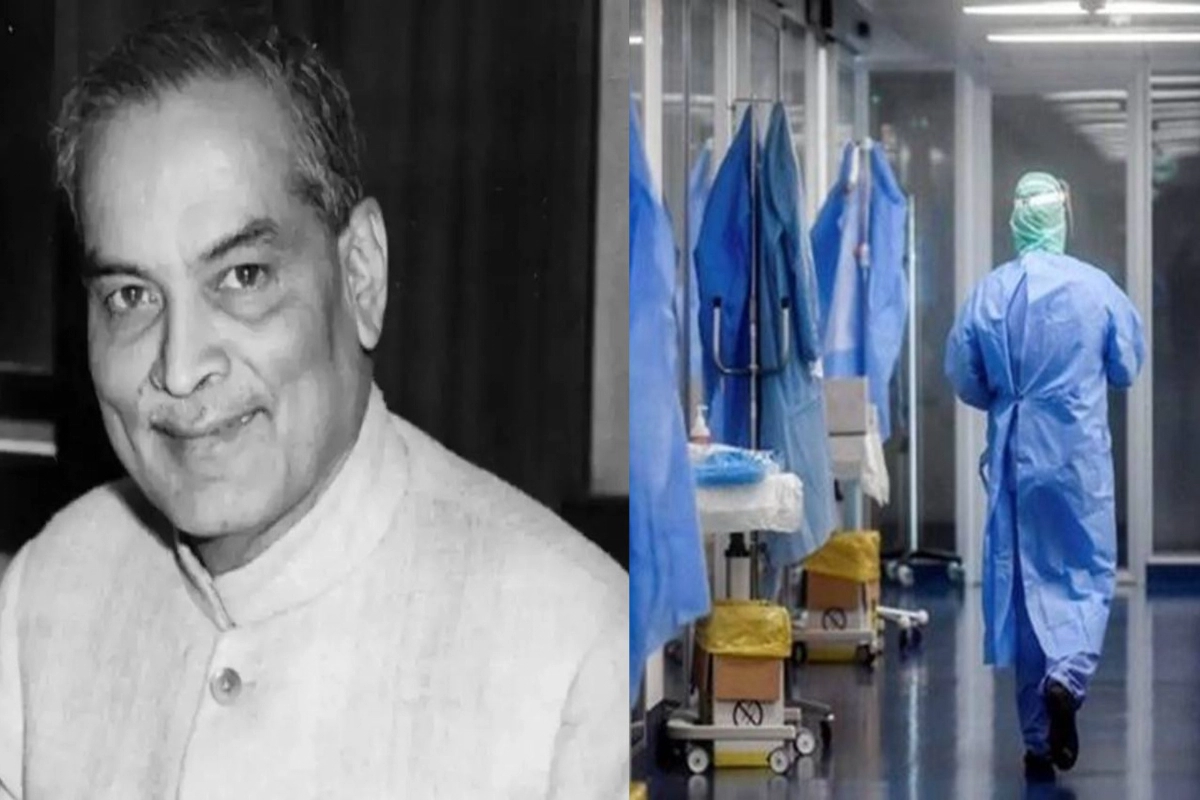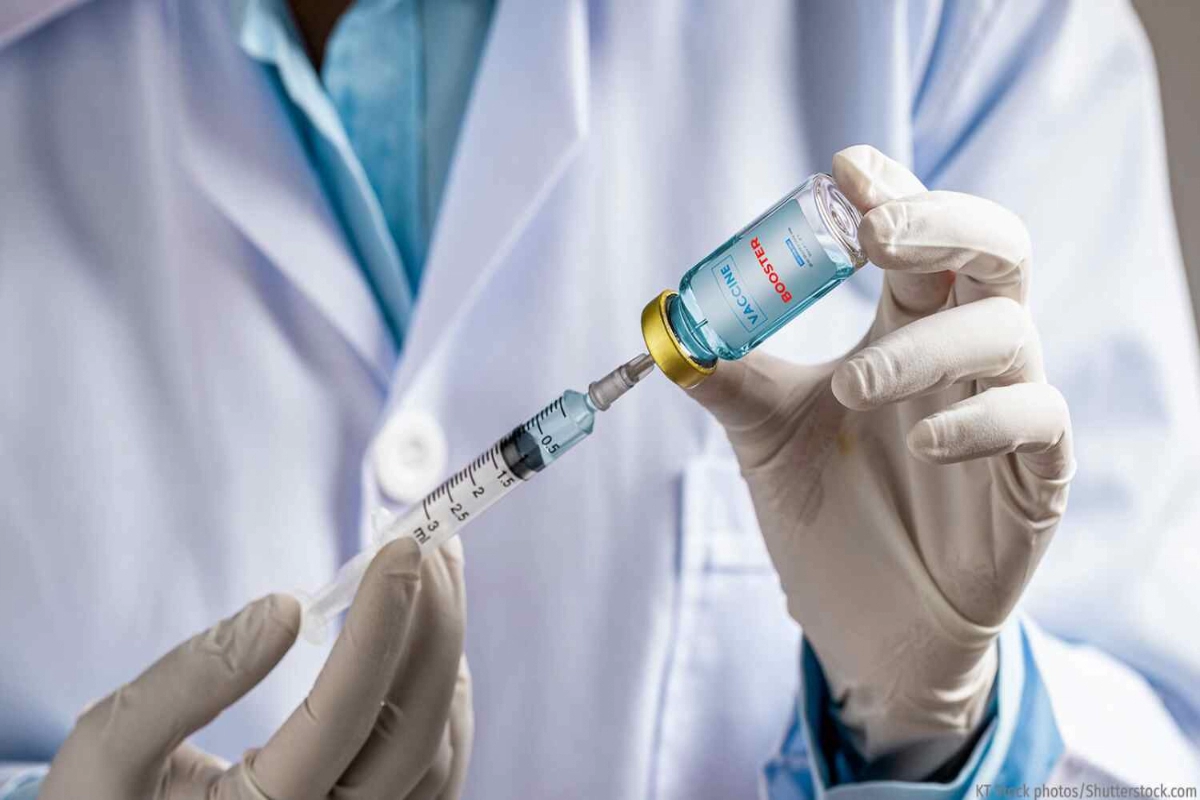By Ramakant Chaudhary
A nine-month journey from adversity to achievement, while dealing with the Covid-19 catastrophe, crossed a major milestone of 100-crore shots on October 21, 2021. India is reasonably on cloud nine as world’s largest vaccination drive started from January 16 this year has bagged such stupendous feat in the fastest ever pace by dint of indomitable spirit and Bhagirath efforts of Team India. It rams into skepticism on the global arena that India can achieve anything when its government, 135-crore brainy minds and 270-crore brawny hands work together with the democratic spirit of Jan Bhagidari. This is also the lesson for other countries which could learn India’s experience and adapt them for their own countries. India Inc is cheered as achieving the milestone of administering 100 crore COVID-19 vaccine doses will help place the economy on a high-growth path by attracting more investments.
India has been familiar with the multitudinous challenges of mass- immunization for its humongous population. Before the Covid pandemic, the inoculation skills of India have already saved millions of lives from dreadful diseases like Polio, Pneumonia, Measles and Meningitis. The polio elimination programme of India has earned epithet from around the globe including the World Health Organisation. The country inoculates over 27 million newborns with essential primary doses and over 100 million children with booster doses every year, delivering its health services in backwaters including toughest terrains and flood prone areas.
With its fast knowledge and supporting infrastructure, India leveraged its experience to fight killer Covid. There are around 3,48,000 public centers and over 28,000 private healthcare centers administrating Covid shots in India. Also, over 2.3 million ASHA and Anganwadi women frontline workers were trained and they worked together with millions of doctors, nurses and auxiliary nurses to carry out a colossal mass- immunization program smoothly. There is no brainer that such spectacular success requires strong political will-power which was shown by the leadership and vision of Prime Minister Narendra Modi who has had vision of inoculating all eligible Indian adults by December 31, 2021. India is the only country which has organized a vaccine festival or Tika Mahotsav which was spectacularly acknowledged by the Indian population.
Scripting its history of achieving one-billion-mark, India will never forget the pivotal role of vaccine manufacturers, the Serum Institute and Bharat Biotech. During the monstrous second wave, the vaccine manufacturers managed to give uninterrupted vaccine supply even if the availability was limited in the beginning. It must be appreciated that Serum Institute had the foresight to begin manufacture in advance, enabling India to vaccinate its mass population. Bharat Biotech’s capability to develop an indigenous vaccine with the ICMR ensured that India did not have to wait for vaccine supplies from other countries.
While basking in glory, it is important not to lose sight of the bigger goal of vaccinating all eligible adults by the year-end. The remarkable feat could benefit India only when the consistency of vaccination drive is flawlessly maintained. India could be justifiably proud of the summom bonum of its journey of crossing 100-crore mark. But it needs to gird up its lions to tackle the challenges of further vaccinating the 170-crore population: fully vaccinating all adults requires another 90 crore doses and children over age 2 need 80 crore doses.
India’s Covid-19 taskforce chief Dr VK Paul said, “75 percent of India’s adult population received both doses, while only 35 percent are partially vaccinated.” So, this unfinished work must be finished with the same enthusiasm and verve as Covid cases are again spurting in the UK, Russia and Singapore despite their ongoing vaccination programme.
Crossing the 100-crore dose became possible as India stopped the export of vaccines. It impacted most low- and middle-income countries. On October 14, nearly six months after halting exports, India finally supplied vaccines to four countries. Further supplies will depend on production and demand. It is imperative that vaccine production is quickly increased to meet demand. A delay in meeting international obligations could hurt India’s credibility as a reliable vaccine supplier to the world.
However, India could have reached this grand milestone earlier had it not wasted time in asking States to procure vaccines directly from the vaccine manufacturers at a higher cost to vaccinate the 18-44 age group.
(Ramakant Chaudhary is Consulting Editor with Daily News Post. He has worked with The Times of India, Hindustan Times (Mint), Dainik Jagran Group, The Pioneer and The Political and Business Daily. The views expressed are personal.)












